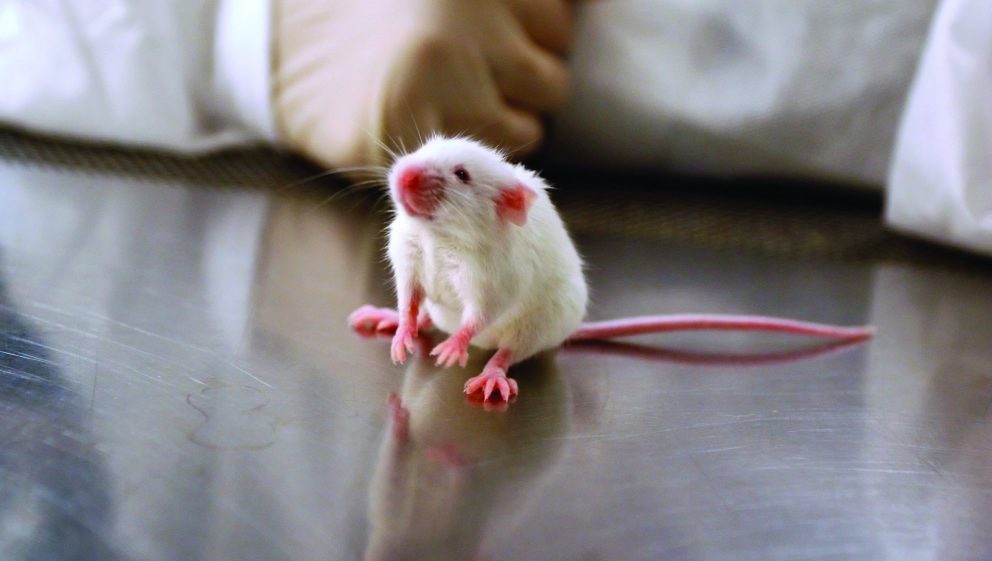Ban on the use of lead shot – finally!
Posted 10 Jul 2025

Posted on the 13th July 2017
The industrial scale of animals being bred and used in scientific research is revealed today in Home Office statistics, relating to ‘scientific procedures on living animals’ in Great Britain in 2016. A total of almost 3.9 million animals were used for the first time, including mice, rats, fish, dogs, cats, monkeys and horses. Whilst this figure is a slight fall from last year’s total, it is still horrifyingly high, with each number representing a living sentient animal, capable of feeling pain and distress.

While the entire report makes chilling reading for those concerned with robust science or the welfare of animals in laboratories, certain statistics are particularly striking:
In recent years, Animal Aid has exposed some of the dreadful ‘protocols’ to which animals are subjected in laboratories. These have included animals having cancer cells injected into their hearts, having their joints surgically damaged, being injected with toxins, being partially suffocated and being bred to suffer diseases ‘similar’ to humans in a misdirected attempt to cure people.
This enormous figure of animals used in experiments illustrates the colossal scale of animal research, where animals are treated as expendable ‘research tools’, not as sentient individuals with the capacity to experience pain, distress and despair. Mice comprised 74% of the total and are used because they are comparatively cheap and have a fast breeding rate.
Says Jessamy Korotoga, Animal Aid’s Anti-Vivisection Campaign Manager:
‘It is essential to remember what this number represents – millions of sentient animals, living lives that are frequently filled with frustration and pain in laboratories, undergoing terrible experiments which frequently end in death. Today’s animal research is being conducted in the face of mounting evidence that vivisection does not provide results which are reliably predictive of the human condition. It not only fails the animals who are hurt and killed, but also patients and their families.’
Posted 10 Jul 2025

Temperatures are rising and it’s time to get outdoors, enjoy the weather and tuck into some delicious vegan food! Thanks to an abundance of plant-based options now available, there’s an alfresco option for every tastebud...
Posted 09 Jul 2025
